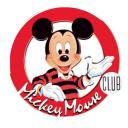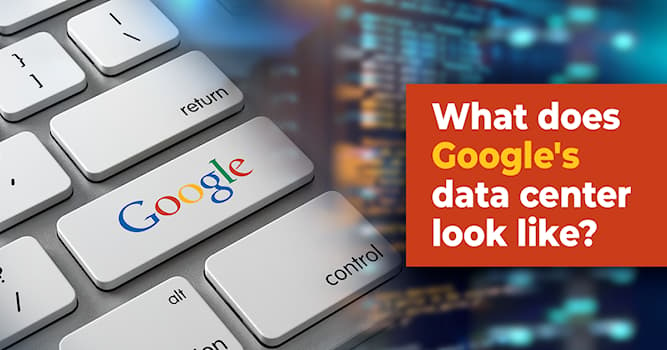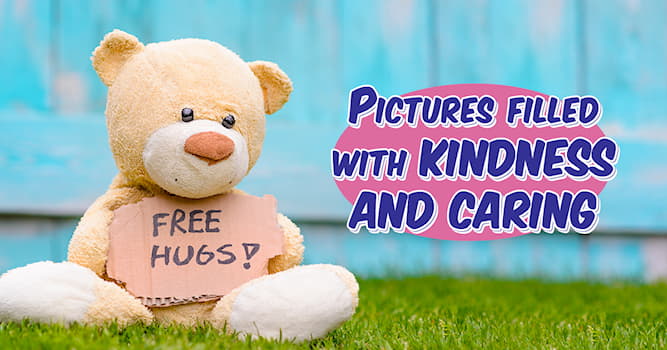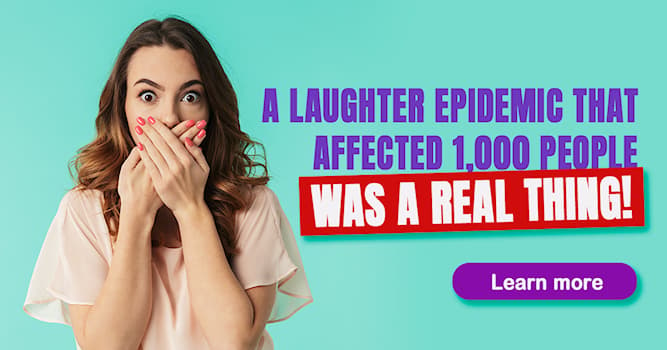Why doesn't Coca Cola sue Pepsi due to copyright infringement?
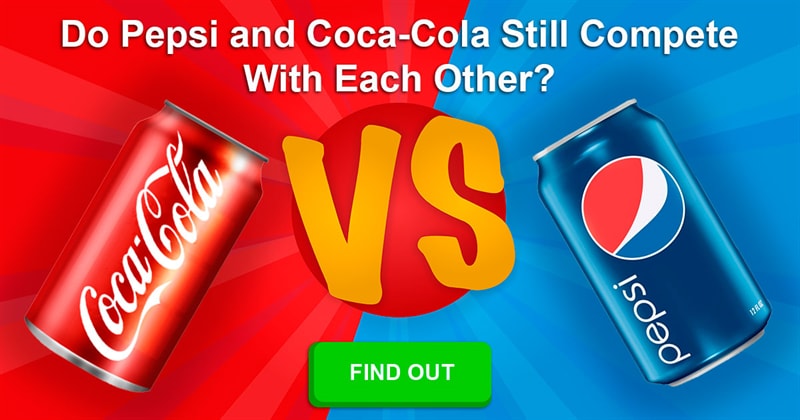
First off, congratulations on stumbling upon one of the more interesting cases in intellectual property history! Second of all, thanks for asking specifically about copyright, because that rounds out the four main forms of intellectual property law, giving me an excuse to talk about all four. Keep in mind that, as the topic concerns two American companies, I will be talking about US law.
Coca-Cola actually isn’t older – the two were created at the same time. The claim would actually be under patent law, and their patents expired 100 years ago. The two companies are now protected primarily through trade secret law.
Really really long version:
Disclaimer: several people have commented asking about specifics of the Coca-Cola case. To be clear, there was no actual controversy between Coca-Cola and Pepsi. I have no personal knowledge of either company’s business or trade, nor do I know whether any actual claim would prevail between the parties. The following is meant solely as an illustration to explain the interesting complexities of intellectual property law and the interplay between the various forms. I encourage you to read the comments, where many other Quorans have provided other considerations that are not addressed in this answer!
The four main areas of intellectual property are: copyrights, patents, trademarks, and trade secrets. Each protects a different kind of property, and each protects a different class of people.
Before digging in, there’s a mantra that must often be repeated in the world of IP, and it applies here: you cannot protect an idea. An idea is not intellectual property. You can protect expressions of ideas, but not the ideas themselves.
Copyright law protects “useful arts.” The main class of people protected are creators. When someone produces a work of art, whether a piece of music, a novel, or even a clever greeting card, that work becomes protected by copyright. Although others can use the same idea, they can’t copy that particular expression. Also, the creator is only allowed to protect his or her original work, not those expressions borrowed from somewhere else. So, when J.R.R. Tolkien wrote the Lord of the Rings trilogy, he could not claim that stories about elves or dwarves were protected, because there have been stories about elves and dwarves for longer than there has been an English language. He also couldn’t claim a right to stories about “halflings,” for the same reason, but he could claim a right to “hobbits,” because those were his own creation. This is why when you play Dungeons & Dragons, which was heavily inspired by Lord of the Rings, you can play an elf, dwarf, or halfling, but not a hobbit. Our current copyright law originates from a law passed in 1909. The duration of a copyright is complicated so let’s just say it lasts about 95 years.
Patent law protects the “progress of science.” The main class of people protected are inventors. When someone creates a new way of doing something, he or she can claim a patent on that way of doing that thing. Just as with copyright, patents require a certain level of creativity, in that the inventor cannot claim any right over “prior art,” aka anything already known by the public, nor anything “obvious,” aka something that hundreds of other people were probably about to invent in their own right. Patent law changes fairly frequently but the most important law for this question was in 1836. Patents only last 20 years, at which point anyone can make “generic” versions of patented inventions.
Trademark law protects against “consumer confusion” and the main class of people protected are consumers (not the businesses, as many people assume). A trademark is any sort of word, symbol or distinguishing characteristic that informs the consumer of where the source is of the product they’re buying. Unlike copyrights and patents, trademarks are not useful in any other way. In fact, if a trademark is useful, it can’t be used as a trademark. For instance, aesthetic features of a product cannot serve as a trademark, because they serve another function (being pleasing to the eye). Trademarks, for the most part, only exist to signal to the consumer where a product comes from. Whereas copyrights and patents are primarily intended to give a creator or inventor a temporary monopoly so that they can recoup the cost of creation, since trademarks are designed to protect the consumer and not the creator, they can last forever. Current trademark law originates in 1946, but the U.S. government has been issuing enforceable trademarks since 1881.
Trade Secrets law is the new kid to the party. It was only officially recognized as its own area of law in 1974 and has only been a federally-protected intellectual property since 2016. Prior to that time, trade secrets had to be enforced privately (i.e. without help of the courts) or through a hodgepodge of contract, patent, employment, and anti-espionage laws. Trade secrets law protects, you guessed it, trade secrets, and the main class protected is companies that have employees. Companies often keep secrets that allow them to maintain a competitive advantage, such as client lists or recipes. However, in order to expand, those companies may have to bring people into the company who, under employment law, are free to leave at any time. Those employees can’t do their jobs unless they are provided with some or all of these competition secrets. Trade secret law allows companies to prevent ex-employees (or current employees) from using, selling, or publishing those secrets outside of the company. Trade secrets last for as long as the company keeps their intellectual property secret; the moment they divulge the secret for their own reasons (perhaps selling or advertising the secret themselves), the trade secret can no longer be protected.
So there they are – the four main kinds of intellectual property. So we move onto:
Why doesn’t Coca-Cola sue Pepsi?
Coca-Cola, as we now know it, was created in 1886. It was originally created as an alternative to morphine, which was horribly addictive, and alcohol, which was prohibited in the American South, by combining derivatives of cocaine (“Coca”) and caffeine (“Cola,” from the caffeinated African kola nut). Coca-cola was patented as a new medicine and sold under the trademark Coca-Cola. The cursive logo, protected under both trademark and copyright law, was first released in 1888.
In 1892, Asa Candler founded the Coca-Cola Company. This is the same company that exists today. However, the company did not have the actual rights to the patent, nor did it know the actual recipe; both of those were maintained by Charley Pemberton, the son of the pharmacist who came up with the original recipe. Knowing the value of the recipe, there was quite the battle between Pemberton and Candler. After Pemberton died two years later (ironically, as an apparent result of lifelong abuses of alcohol and opium), Candler was able to maneuver to gain complete control of Coca-Cola’s intellectual property. That included the original medicinal patent, the trademark of the name, the trademark and copyright for the cursive logo, and the well-kept trade secret of the original recipe.
Meanwhile, and interestingly around the same time, a pharmacist in nearby North Carolina was developing his own tonic, named Pepsi. The recipe for Pepsi was not patented until 1903, but importantly, may have been invented earlier than Coca-Cola. The beverage also combined soda and kola nut, but instead of using coca as its other main ingredient, primarily used vanilla – less bite, but tastier. Although Pepsi and Coca-Cola were competing in the same market, Pepsi made some bad business decisions, and while Coca-Cola was thriving by the 1920s, Pepsi declared bankruptcy in 1923, exactly 20 years after it was patented. The bankrupt company went through a few iterations until it was resurrected in New York in 1941.
So, here’s where we pay close attention to the timing:
- 1880s: Pepsi recipe invented
- 1886: Coca-Cola recipe invented
- 1886: Coca-Cola recipe patented
- 1903: Pepsi recipe patented
That interesting little quirk makes any kind of patent suit very complicated. Coca-Cola can’t claim that Pepsi was stealing its patent, because Pepsi was invented first, but Pepsi can’t claim infringement against Coca-Cola, because Coca-Cola was patented first. In either case, the two companies weren’t really in competition, such that it would be worth suing over: Pepsi wasn’t a real threat to Coca-Cola until at least 1941, and Coca-Cola’s patent expired in 1906, merely three years after Pepsi’s patent was approved.
Neither company could claim that the other company was stealing trade secrets, because there was no “privity” between the two companies, as would be required back in the 19th century. Even today, it would be difficult, because the two companies came from recipes derived from two different pharmacists, who had come up with their recipes at almost exactly the same time (and back then, the chances of two pharmacists from different states knowing each other, let alone stealing from each other, were much lower than they would be today).
As for trademarks, sure, Coca-Cola has a trademark, and so does Pepsi. But nobody confuses the two. As long as consumers can tell the difference between the two companies, there’s no chance of consumer confusion, and therefore trademark law doesn’t apply.
So what about copyright? Well, wouldn’t you know it, that did come up, way back when. There’s pretty good reason to believe that Pepsi’s original logo did in fact copy Coca-Cola’s:
There was still the practical question that Pepsi wasn’t a big enough threat for Coca-Cola to bother going after them. At the time, there’s also the question of who would have sued Pepsi—Pemberton didn’t care, and Candler didn’t yet have control over the copyright. Once Candler took full control, the original Pepsi was already on its way out. Now, when Pepsi was resurrected, it still had a pretty similar logo:
But while “pretty similar” matters quite a bit in trademark and patent law, it’s not very useful in copyright law. (One could argue there’s a pretty good trademark claim at this point, and who knows, maybe there’s a lawsuit I’m not aware of, but to my knowledge, at this point Coca-Cola was still the drink of the South and Pepsi was the drink of the North so it didn’t come up.) With this logo, Pepsi was really only copying Coca-Cola’s ideas—swirly letters, big capitals, the little swish at the bottom, and the color red. But they weren’t using Coca-Cola’s “hobbit” expression as much as their “halfling” idea. Regardless, I don’t think Coca-Cola was really interested in its copyright protection, as much as it was interested in the trademark and the trade secrets. After all, the money was in the drink, not the letters on the side.
Regardless, Pepsi changed its logo again in 1962, this time to something totally different.
Thus, by 1962, any threat of infringement of any kind was gone. The patent had long expired, there was no privity for trade secrets, there was no chance of consumer confusion, and the red cursive Pepsi logo was no longer in use. But couldn’t Coca-Cola sue now, for damage done in the past? Nope. The statute of limitations for copyright claims requires that a claim be brought within three years, so Coca Cola only could have sued from 1941–1944, and in any case, although Coca-Cola may have had a copyright on the cursive design at one point, it has probably expired by now, as it is over 130 years old.
By the time Pepsi became a real competitor to Coca-Cola, the only intellectual property Coca-Cola had left was its trade secret, i.e. the secret recipe. So would Coca-Cola enforce that against Pepsi? Probably! But more interestingly, so would Pepsi. We know this because, in 2006, an employee of Coca-Cola, Joya Williams, stole a vial of one of Coca-Cola’s experimental mixes, which would have revealed their most recent iteration of the “secret recipe,” and tried to sell it to Pepsi for $1.5 million. When Pepsi received the offer, Pepsi turned Williams in to the FBI, who was charged with violating New York’s trade secret protection at the time. Why? Probably because Pepsi now has its own trade secrets to protect, and had no interest in trying to weaken these new trade secret laws, which now protect both Coca-Cola and Pepsi from new competitors. The cola wars are long over – now Coca-Cola and Pepsi are on the same side.
Did you also think that Pepsi and Coca-Cola are mortal enemies?
#Culture #History #Society #Quora
Interesting Facts
7 things people never expected to see
8/8/2021
by
Della Moon
These pictures of unusual objects people stumbled upon and had a chance to take a picture of will absolutely blow your mind!
7 images that depict life from a different point of view
8/11/2021
by
brian l
In today’s post, we would be sharing these seven photos that show life from another perspective.
9 things that should be used to make our lives easier
8/15/2021
by
brian l
With these nine images, we would be showing things that should be used worldwide to make our lives better!
14 beautiful vintage pictures colorized by a talented artist
8/9/2021
by
Della Moon
This talented artist surely knows how to give new life to old black and white pictures – his works will blow your mind away!
You never knew these 8 facts were actually true!
8/7/2021
by
Della Moon
Get ready for a set of big surprises, as you definitely never expected these 8 facts to be true...







